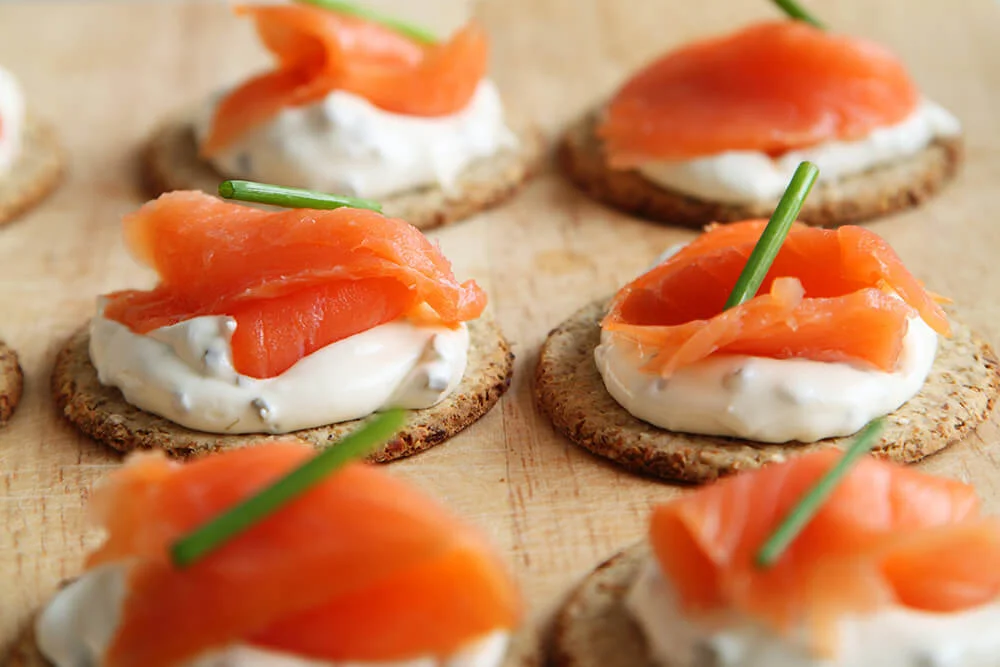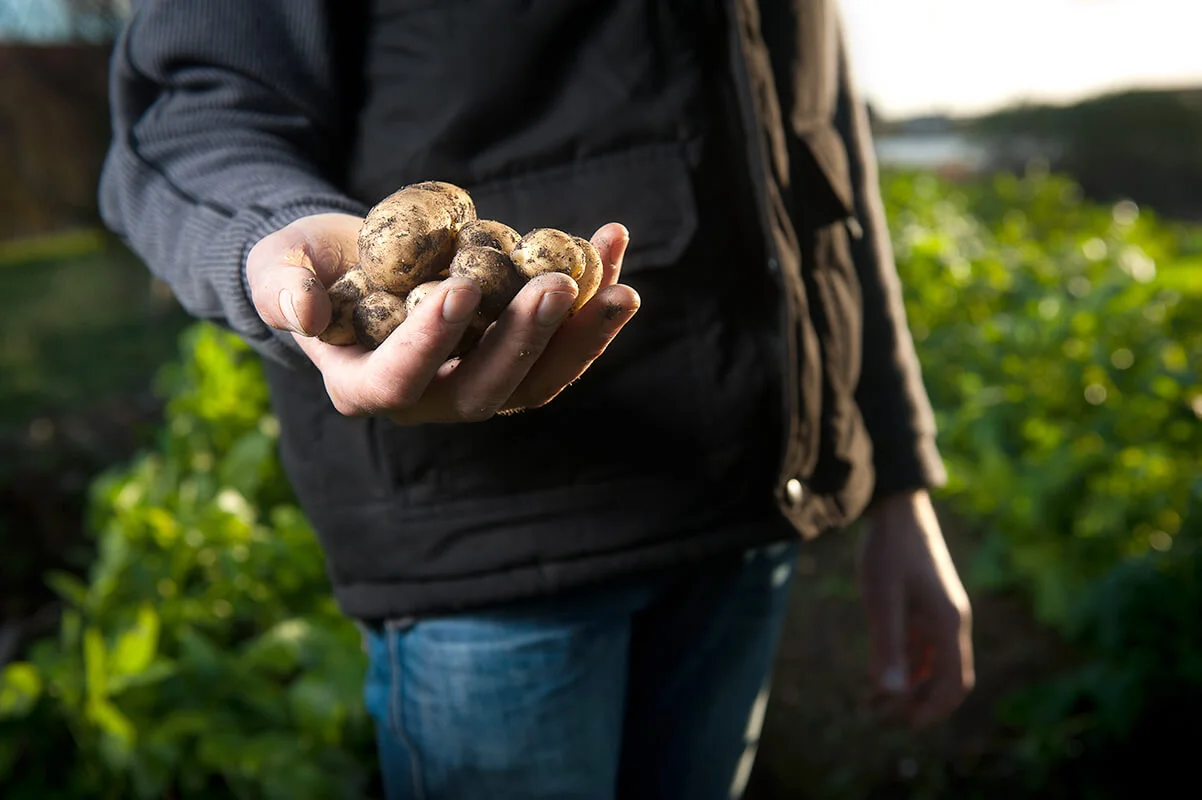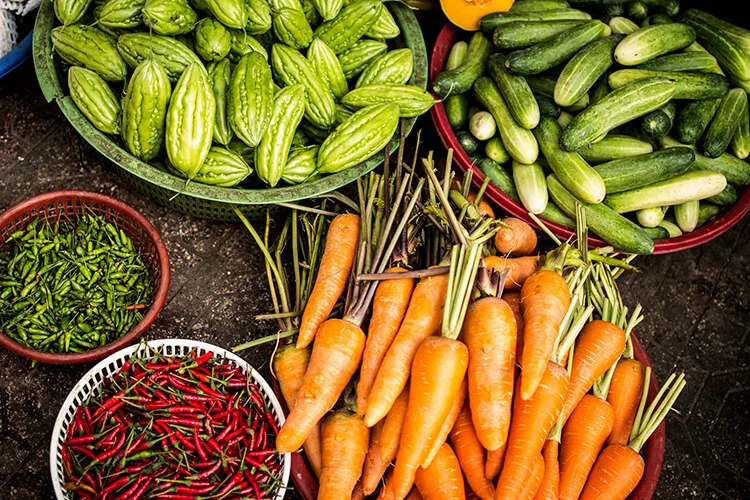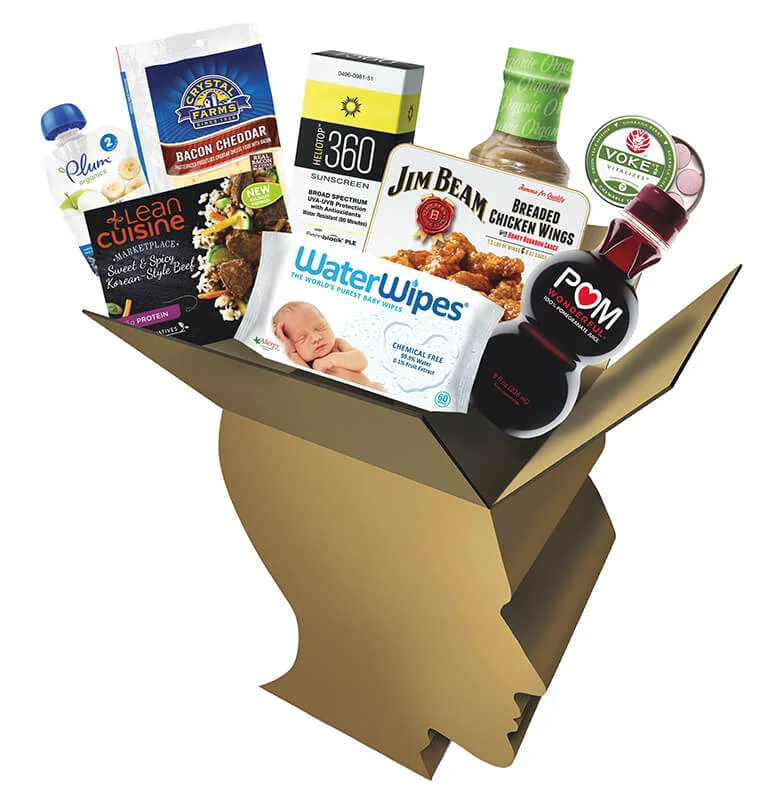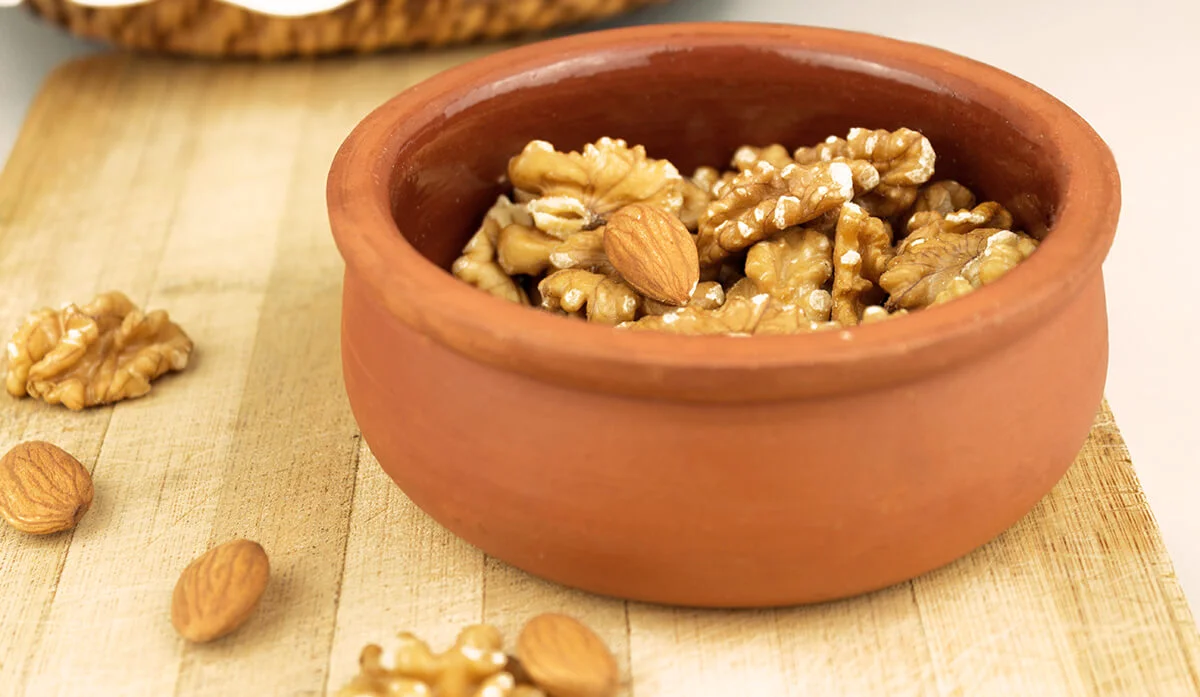Product Trends
Tasting Rooms, Distilleries, Brick & Mortar Stores, Grocery
Whole Foods Market opened the doors to its 500th store April 5 in Atlanta. The new 70,000-square-foot, multi-level flagship store aims to be a community gathering destination featuring four fast-casual eateries and more than 1,500 local items from 250 suppliers, many new to Whole Foods Market.
Supermarkets are touting locally grown fruit and vegetables to bring in customers and increase business.
A toothpick speared in a hot dog or an apple slice may work well in other supermarket departments, but grocerants offer unique foods that demand unique ways of engaging shoppers through sight, smell and taste.
Natural, healthful, exotic offerings rule in refrigerated dressing and dips.
Take one look at salad dressings and dips, and, as with so many other categories today, it’s not hard to see the potential for fresh, clean offerings. 30 percent of American's who buy chips or dips agree that "no artificial ingredients" is an important nutritional attribute.
Consumers are looking to farmers' markets and local, specialized retailers as destinations for learning about natural and organic products, and as a way to connect with local producers.
To help make the farm-to-table connection even clearer for customers, Harvest Market decided to create prepared food departments that makes almost all of its products from scratch, from the deli to the bakery to the restaurant. The store serves as the supplier for many of the restaurant’s product.
Analyzing growth potential among U.S. Millennials and teens, global research consultancy TNS not only revealed the top ten food and beverage categories, but also that those categories focusing on convenience and authenticity yield more success!
From product to packaging, consumers today expect innovation. A brand's package is its identity. No other brand identity effort generates nearly the reach and impact that packaging does.
Craft distilling isn’t just about expanding market share behind the bar. Many distilleries are opening tasting rooms and gift shops, and their impact on local economies can be huge.
Millennials don't like artificial sweeteners. They will drink carbonated beverages, but they want them to be flavored with natural ingredients so they don't feel so bad about it.
With savory snack category sales projects to reach $45.9 billion after 2.8 percent growth over the past five years, legacy brands are leveraging demand for protein snacks such as pork, chicken, and trukeey jerkies.



